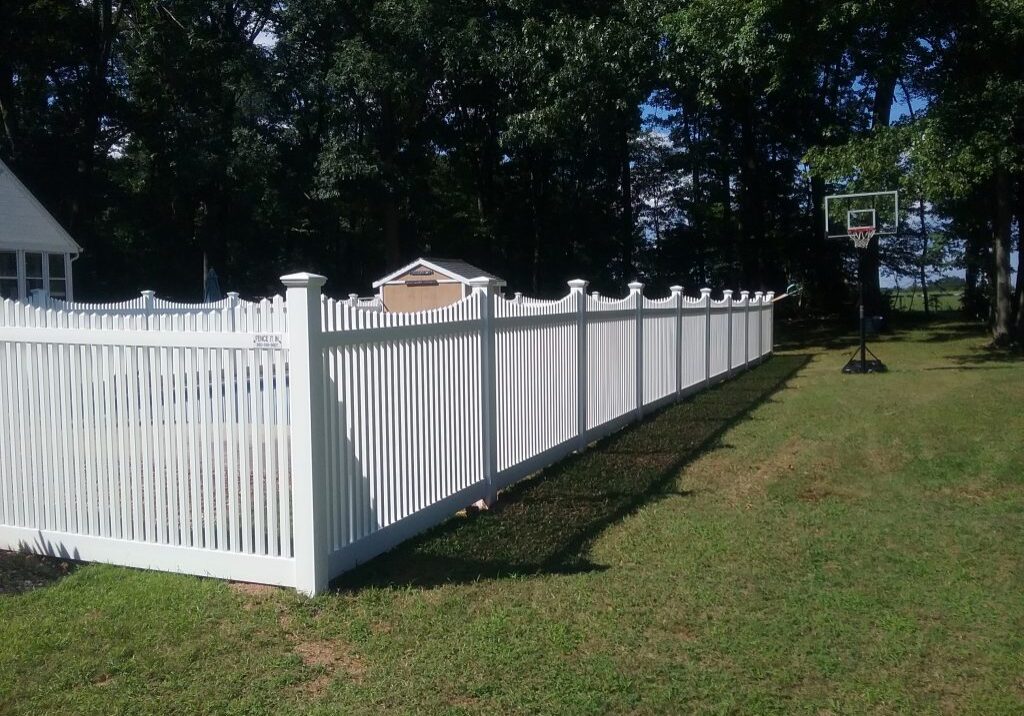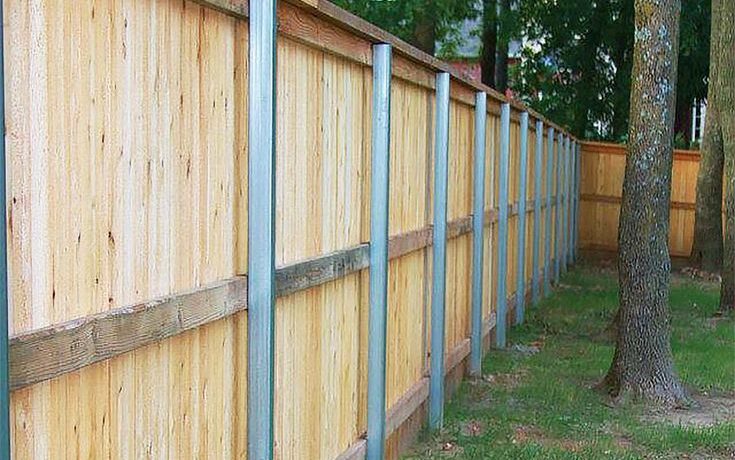All Categories
Featured

When it involves choosing the finest secure fencing product for toughness, functioned iron sticks out as one of the most reliable and lasting alternatives offered. Known for its stamina, visual allure, and capability to hold up against numerous climate condition, functioned iron is a preferred selection for both commercial and property homes. But just how does it contrast to various other secure fencing products in regards to durability and efficiency? Let's take a better check out wrought iron fence and exactly how it compares to choices like aluminum, timber, and plastic.
Strength and Long Life of Wrought Iron Secure Fencing. Wrought iron is a strong, durable material that's made to last for years, otherwise longer. Unlike several various other fence choices, functioned iron can sustain extreme ecological conditions, consisting of extreme warmth, heavy rainfall, and also solid winds. This makes it an excellent option for residential or commercial properties situated in locations with unforeseeable weather. Due to the fact that it is a metal, functioned iron is not prone to the wear and tear that timber fences often experience, such as decaying, warping, or insect problems.
Durability: Wrought iron fences are extremely challenging and can endure influences and other forms of physical tension that might harm other materials. When properly maintained, they can last for 50 years or even more, making them a financial investment that will offer long-lasting worth.
Wrought Iron vs. Timber Fence. Wooden fences, while typical and aesthetically pleasing, commonly need more upkeep and have a much shorter life-span compared to wrought iron. Timber is susceptible to rot, termites, and weathering gradually, all of which can compromise its structural stability. Furthermore, timber fences may require to be changed or repaired every 10 to 20 years, depending on the environment and the kind of wood made use of.
Upkeep: While wood fencings need to be on a regular basis treated with paints, discolorations, or sealants to preserve their appearance and long life, functioned iron fences generally require a lot less maintenance. They may need periodic cleansing or painting to avoid corrosion, particularly in humid or coastal areas, yet they won't struggle with the exact same kinds of degradation as wood.
Durability: While a well-maintained wood fencing may last 20 to 30 years, functioned iron can go beyond that life-span by numerous decades, making it a much more long lasting option over time.
Wrought Iron vs. Vinyl Fencing. Vinyl fencing has come to be a popular alternative to wood because of its low maintenance and resistance to the components. Unlike timber, plastic doesn't rot or warp, and it doesn't require to be repainted or treated. Vinyl can end up being fragile over time, especially in regions with severe wintertimes or severe UV direct exposure. It may damage or split under stress, such as from a serious storm or a hefty impact.
Resilience: While plastic is fairly resilient and resistant to rot and fading, it still can't match the lasting toughness and strength of wrought iron. A vinyl fence might last around 20 to 30 years, depending upon ecological variables, however it does not have the structural stability that functioned iron provides.
Upkeep: Plastic requires marginal maintenance compared to timber, but it can still fade over time, specifically in areas with extreme sunlight exposure. Wrought iron might need occasional corrosion prevention treatments but usually requires less interventions than plastic.
Wrought Iron vs. Light Weight Aluminum Fence. Light weight aluminum is another steel option to wrought iron, and while it shares several of the longevity characteristics of functioned iron, it is generally much less durable and strong. Light weight aluminum is much more lightweight and immune to corrosion and rust, making it a prominent selection for low-maintenance secure fencing. It's not as strong as functioned iron and may be much more susceptible to flexing or denting under stress.

Toughness: Wrought iron is considerably stronger and more sturdy than aluminum. While aluminum fencings can last for numerous years, they might not stand up as well in high-traffic or high-impact areas. On the other hand, wrought iron is a lot more resistant to physical damages and can better hold up against pressure and pressure.
Upkeep: Both functioned iron and light weight aluminum fencings require some maintenance, mainly to stop corrosion. Nevertheless, aluminum is much less likely to rust than functioned iron, making it an extra low-maintenance alternative in locations with high humidity or seaside salt exposure.
Last Ideas: Wrought Iron's Sturdiness Advantage. Wrought iron attracts attention as one of the most long lasting fencing materials readily available, surpassing timber, plastic, and aluminum in regards to toughness, longevity, and general efficiency. While it does need occasional maintenance, specifically to stop corrosion, its capacity to hold up against extreme weather, physical tension, and the examination of time makes it an excellent investment for home owners and services looking for a resilient, safe and secure fence option.
For those who prioritize strength and long life over all else, wrought iron is an unequalled choice. Whether you're protecting a property, boosting the look of your yard, or giving protection for a business site, functioned iron fence will supply years of durability and aesthetic allure that few various other materials can match.
Latest Posts
Find Brake Repair & More: Full Repair Options from Montclare Auto Repair
Published en
1 min read
Reasons Routine Vehicle Maintenance at Montclare Auto Repair Reduces Costs
Published en
1 min read
Discover Oil Changes & More: Full Auto Care Solutions from Montclare Auto Repair
Published en
1 min read
More
Latest Posts
Find Brake Repair & More: Full Repair Options from Montclare Auto Repair
Published May 27, 25
1 min read
Reasons Routine Vehicle Maintenance at Montclare Auto Repair Reduces Costs
Published May 27, 25
1 min read
Discover Oil Changes & More: Full Auto Care Solutions from Montclare Auto Repair
Published May 26, 25
1 min read